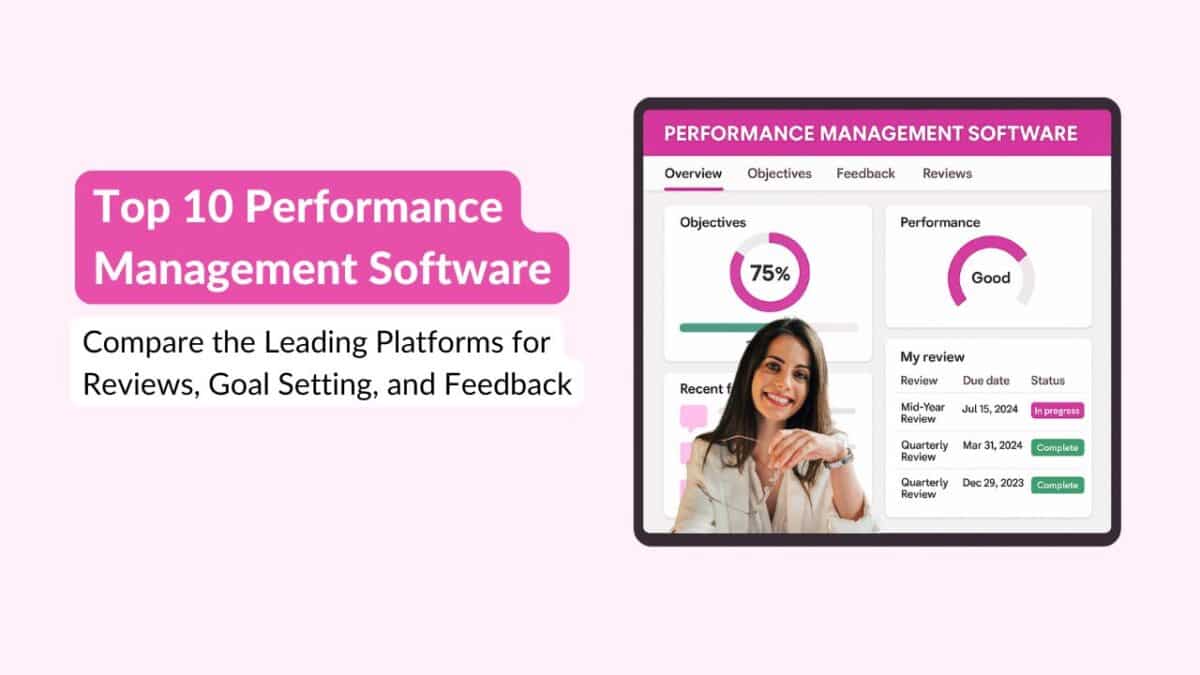There are a number of documented benefits to giving your brain downtime and rest.
Research on brain activity has provided us with a number of processes that rest can improve, such as adherence to daily habits, productivity, creativity, motivation, performance, attention, judgment and sharper thinking.
When we’re in a state of mind-wandering or doing automatic tasks like walking or brushing our teeth, the brain is not passive–it actually works to rehearse new skills, cement recently learning into memory, and solve tough problems. By not giving the brain a breakthrough to constant productivity, we’re missing out on the much needed period of rest and refreshment–and likely suffering in work quality and health because of it.
In his Ted Talk, designer Stefan Sagmeister discusses the importance of downtime. How closing his New York studio and taking structured sabbaticals every 7 years has led the way to great innovations in his company, such as iconic and world-famous projects in the cities of Amsterdam and Porto, and an emerging film.
While everyone might not be able to take grand trips or even extended breaks, here are three ways that you can ensure that you get adequate downtime this holiday season.
1.) Take an uninterrupted vacation–even if it’s short
Many people think that in order to recharge, they need a long and expensive jaunt to another place, but that’s not always the case. The break from work activities is the most important factor for recharging—how many times have you checked email or taken calls on vacation? If you’re like many workers, the answer is: too many. This holiday season, just one time, commit to being fully present and not engaging in any work-related activities—even if it’s only for 72 hours.
2.) Spend part of your evening doing an intentional activity
No, we’re not assigning you homework, but there is a difference between taking thirty minutes in the evening to be present and pay attention to your favorite show, versus mindlessly flipping through channels for several hours. Whether it’s trivia night, a movie, or even a device-free dinner with the family, dedicating just one small portion of your after-work routine to an activity that you’re fully present and engaged in can do wonders for your well-being.
3.) Get the optimal amount of sleep every night
Health professionals have long-advised that we get a regular amount of sleep every night and that we also focus on sleep quality–to ensure that our rest is truly rejuvenating and with minimal disruption. The Mayo Clinic offers six steps to better sleep–and many of us will find that simply improving the sleep that we already get doesn’t require much extra time but makes a significant difference is our overall health and restfulness.
Learning the importance of downtime and taking some time off from your schedule is crucial to recharge and be engaged at work. Do you have any other thoughts in mind?
Want to know how Engagedly can help you digitize performance management? Then request for a live demo.
Request A Demo
Author
Srikant Chellappa
CEO & Co-Founder of Engagedly
Srikant Chellappa is the Co-Founder and CEO at Engagedly and is a passionate entrepreneur and people leader. He is an author, producer/director of 6 feature films, a music album with his band Manchester Underground, and is the host of The People Strategy Leaders Podcast.






